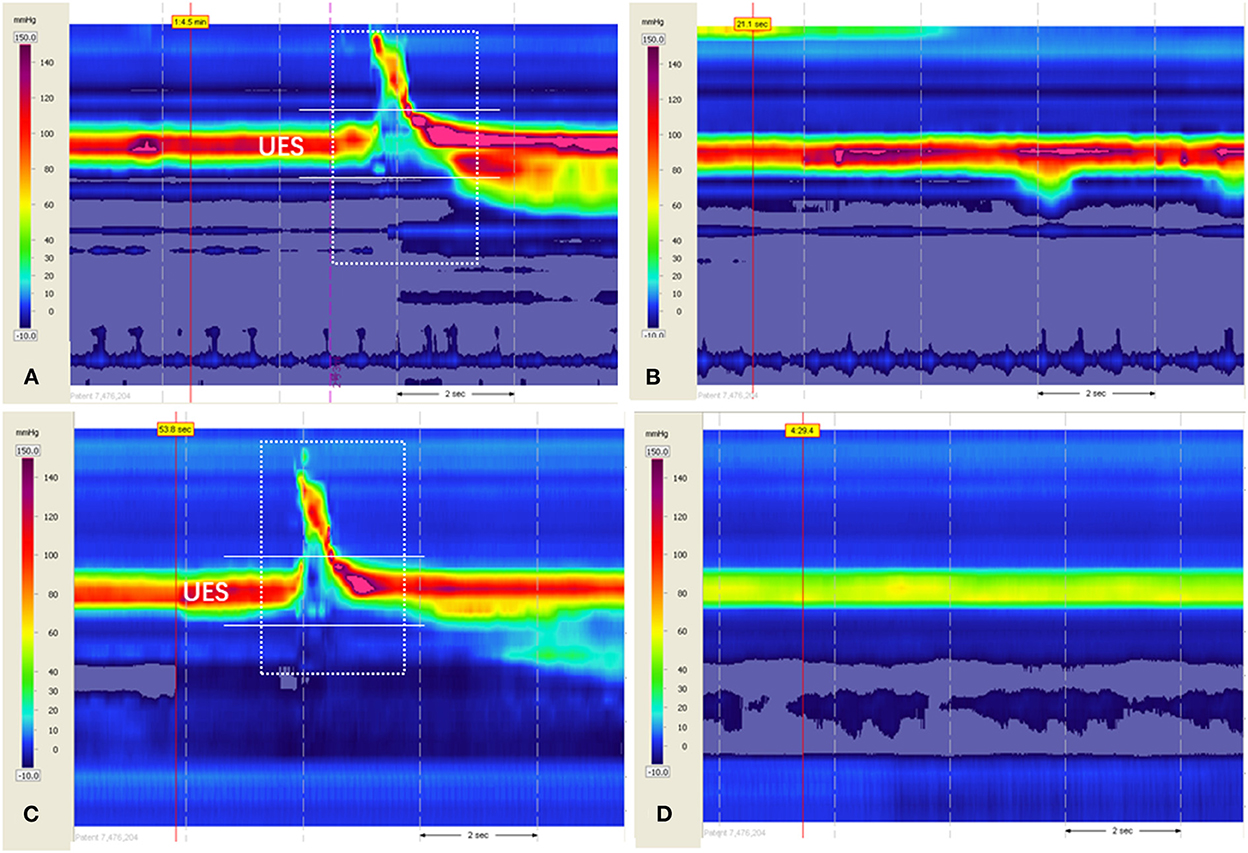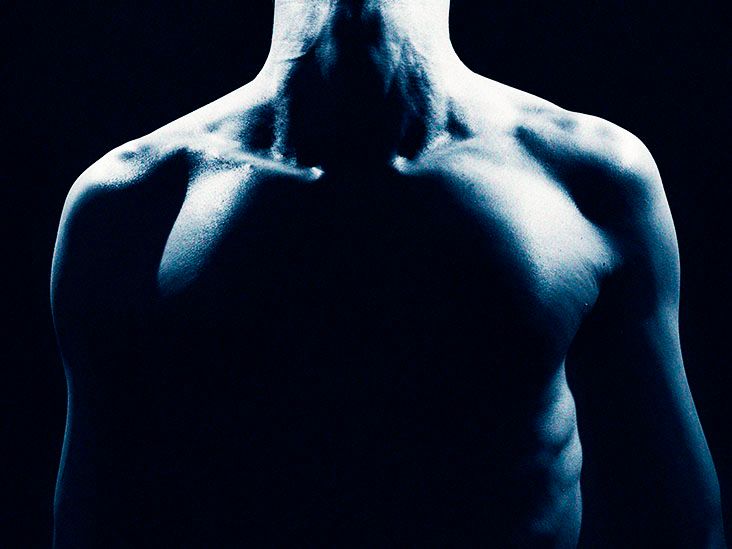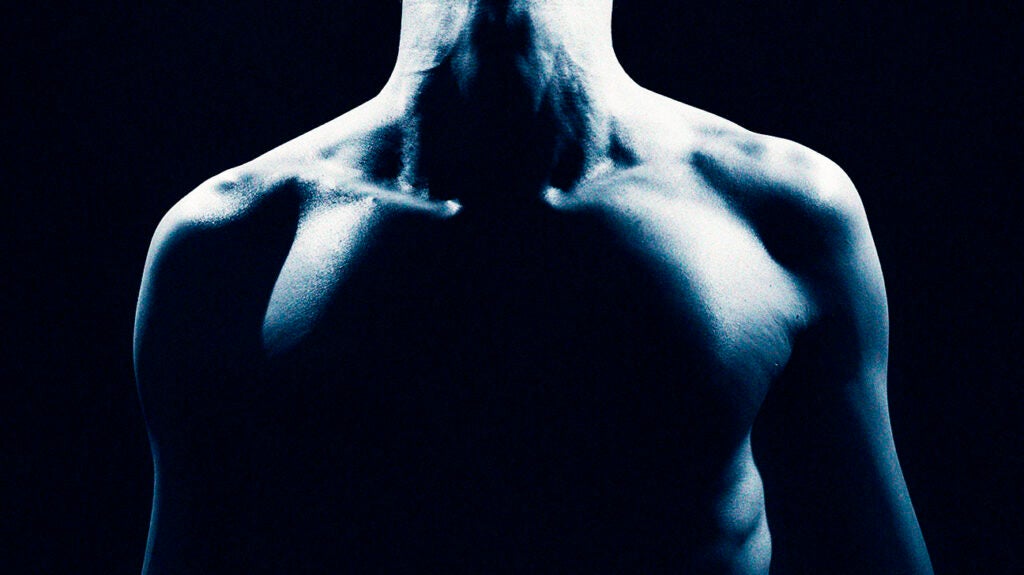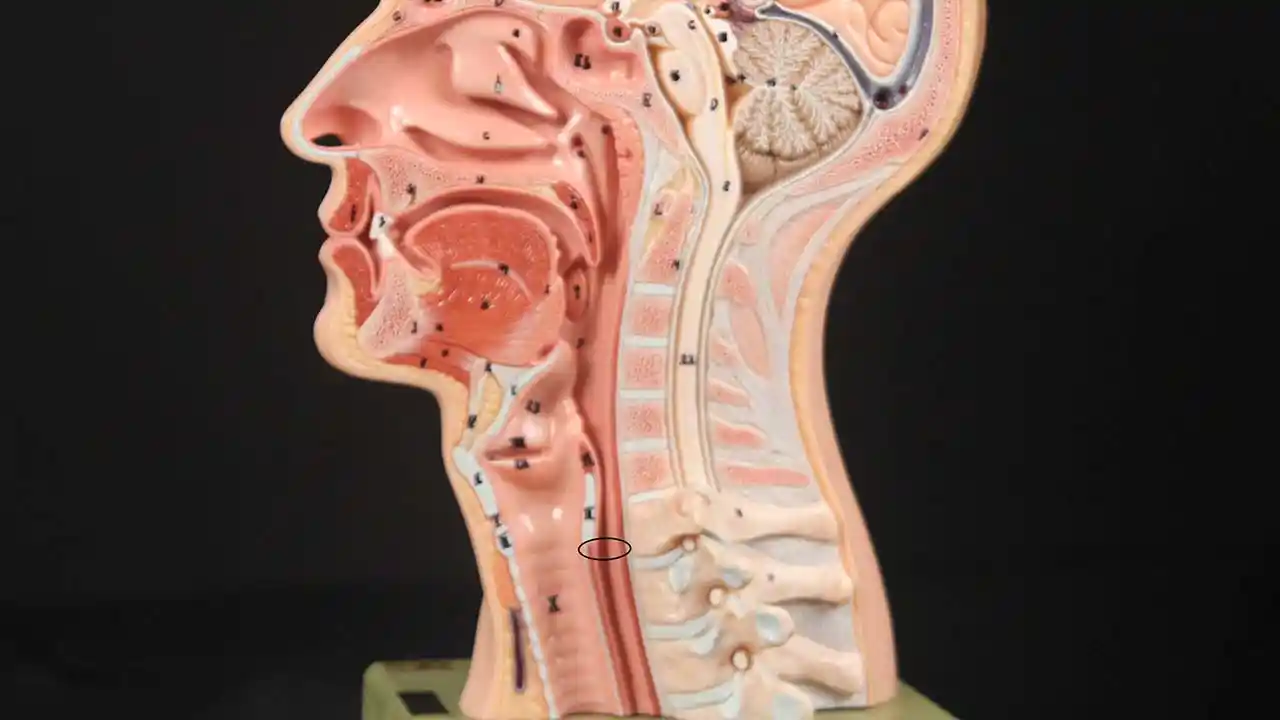
Abdominal film of a patient with retrograde cricopharyngeus dysfunction... Download Scientific
Retrograde cricopharyngeal dysfunction (RCPD) is a condition that was first described by Kahrilas et al. [ 1] in 1987 as a dysfunction of the upper esophageal sphincter (UES) causing gurgling noises, pain, and profound esophageal distention. As a result of the symptoms associated with RCPD, several terms were used to describe the condition.

Frontiers Case report A case of novel treatment for retrograde cricopharyngeal dysfunction
Inability to burp is a dysfunction of the cricopharyngeal muscle failing to recognise and release the trapped gas below upper oesophageal sphincter leading to retrograde dysfunction of the cricopharyngeal muscle. The cricopharyngeal muscle is an elastic-like muscle fibres which forms the circular upper oesophageal sphincter.

Retrograde cricopharyngeus dysfunction What to know
Formally, it's known as retrograde cricopharyngeus dysfunction. Casually, it's known as "Which ancient god have I angered, to be afflicted so?". No-Burp Treatment First, the good news: it exists. There are a number of remedies and strategies that can help mitigate the effects of R-CPD, but by far the most effective is Botox.

Inability to Belch and Associated Symptoms Due to Retrograde Cricopharyngeus Dysfunction
Nature park on the mountain Učka that connects Istria with the continental parts of the country. It has a lush forest and a lot of protected animal species. When traveling, sometimes you can notice a severe weather change as you pass through the Učka Tunnel. These are the main reasons people come to Istria.

Inability to Burp Retrograde Cricopharyngeus Dysfunction (RCPD) YouTube
Inability to belch or "burp" (Also known as Retrograde Cricopharyngeus Dysfunction, or R-CPD for short) occurs when the upper esophageal sphincter (cricopharyngeus muscle) loses its ability to relax in order to release the "bubble" of air.The sphincter is a muscular valve that encircles the upper end of the esophagus just below the lower end of the throat passage.

How to pronounce Retrograde Cricopharyngeal Dysfunction
Kicking off National Digestive Diseases Awareness Month, Dr. Bastian will treat his 1,000th patient with the diagnosis of R-CPD (Retrograde Cricopharyngeus Dysfunction), a digestive disorder that.

Unable to Burp? You May Have "Retrograde Cricopharyngeus Dysfunction" Fauquier ENT Blog
1 INTRODUCTION. The cricopharyngeus muscle is a large component of the upper esophageal sphincter. Among many functions, relaxation of the muscle allows for food to pass into the esophagus during swallowing. 1 It also has important implications for the retrograde movement of stomach content. Prior to 2019, three individual case studies reported on the inability to burp. 2-4 However, it was not.

Retrograde cricopharyngeus dysfunction What to know
With treatment, outcomes for most people with R-CPD are very good. One study found that after receiving a Botox injection into the cricopharyngeus muscle, over 99% of people were able to burp, and 95% experienced substantial symptom relief. The effects of a single Botox injection are expected to last around three months, but in practice, symptom relief often lasts for six to 12 months or longer.

Inability to Belch and Associated Symptoms Due to Retrograde Cricopharyngeus Dysfunction
Objective. To propose and test the validity of a new syndrome called retrograde cricopharyngeus dysfunction (R-CPD) that explains inability to belch and the associated symptoms of loud gurgling noises, chest and abdominal pain/distention, and excessive flatulence, as well as to report the results of botulinum toxin (BT) injection into the cricopharyngeus muscle (CPM) for both diagnosis and.

[Figure, Pharynx Contributed by T Silappathikaram] StatPearls NCBI Bookshelf
Retrograde cricopharyngeus dysfunction (R-CPD), a condition first detailed in 1987 and termed in 2019, refers to the cricopharyngeal muscle's inability to relax to allow the retrograde passage of gas. Limited research exists on the fundamental characteristics of this condition, including its impact on one's life.

Pin on Throat/Mouth
Introduction. Retrograde Cricopharyngeus Dysfunction (R-CPD) describes a disorder where the cricophayrngeus muscle (sometimes referred to as the Upper Oesophageal Sphincter) fails to relax to allow the upward passage of gas, and thus results in an inability to burp (belch). It is thought to start at an early childhood age, but usually presents.

Retrograde Cricopharyngeus Dysfunction (RCPD) Laryngopedia
Botox can be injected into the muscle through the side of the neck, or under anaesthesia via the mouth. And it worked. The patient could finally burp. But Botox only lasts between three and six.

Cricopharyngeal Dysfunction Before and After Cricopharyngeal Myotomy YouTube
Symptoms of Retrograde Cricopharyngeal Dysfunction (R-CPD) or the "No Burp Syndrome" are the lifelong inability to burp, chest pain and discomfort, stomach bloating, gurgling sounds coming out of your throat and flatulence. These symptoms make social social interaction very stressful. People with this problem often have to watch what they.

Trouble Belching? It Could be Due to Retrograde cricopharyngeus dysfunction (RCPD) Leo Treyzon
To refer a patient, call 443-997-6467 or email [email protected]. I think we're ready nationally for a multi-institutional, prospective study on this rare condition. By combining our experiences, hopefully we'll be able to answer questions about how best to treat retrograde cricopharyngeal dysfunction.—. Physician-researchers in the.

Measurement of a large hiatal hernia (HH) in a 70yearold male from a... Download Scientific
Summary. Retrograde cricopharyngeal dysfunction is a medical condition that causes an inability to burp. This can result in excess gas and discomfort in the chest or throat. "Retrograde.

Figure 1 from Congenital cricopharyngeal achalasia a rare cause of dysphagia in an infant
Retrograde Cricopharyngeus Dysfunction (RCPD) The Texas Voice Performance Institute at UTHealth Houston provides comprehensive care for patients experiencing "no-burp syndrome," formally known as Retrograde Cricopharyngeus Dysfunction (RCPD). RCPD is a relatively uncommon condition in which affected patients are unable to burp.
- Corbett Gardens Wingecarribee Street Bowral Nsw
- How Many Days Till The 23rd Of June
- Hilton London Olympia Hotel London
- Golden Bay Motel Takaka New Zealand
- Society Of Petroleum Engineers Login
- Hotels Near Marco Polo Airport
- Frank How To Get Away
- Weather Forecast Christmas Day Near Brisbane Qld
- Remote Control Car Toyota Supra
- Atmosphere Is Changing Now Chords